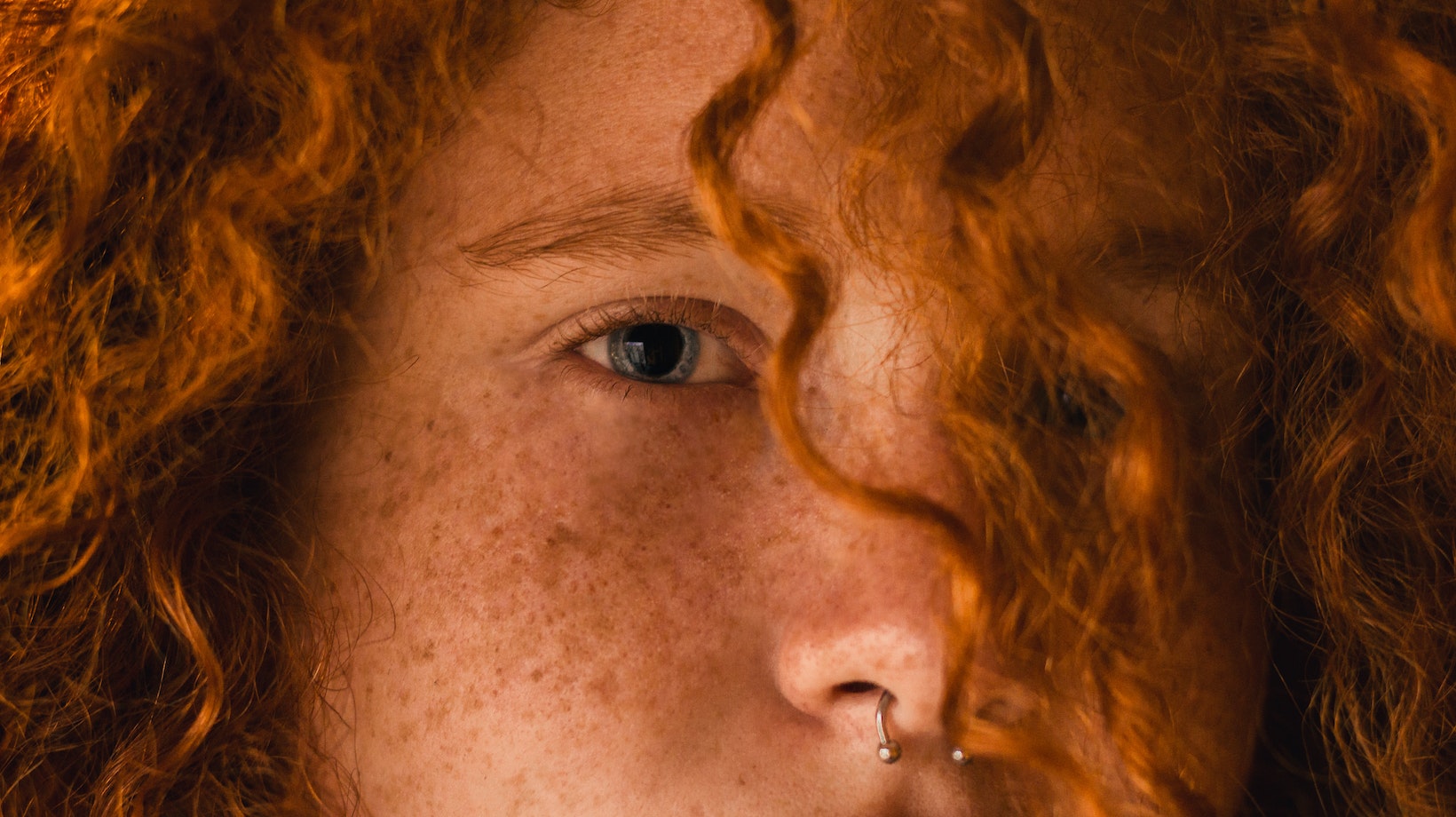
Why Age Matters in Nose Piercing
We can’t deny it, age is a crucial factor when considering getting a nose piercing. But why? Let’s dive into the reasons.
Firstly, our skin and body tissues mature as we grow older. In our youthful years, the skin is still developing and may not be fully prepared to endure the stress of a piercing. Piercings on immature skin could lead to issues like infections or poor healing. So waiting until you’re at an appropriate age can save you from these potential complications.
Secondly, there’s the matter of consent. In many places around the world, you have to be 18 years old to get a piercing without parental consent – that’s right, it’s not just about wanting it; you need legal permission!
It’s also worth mentioning that personal maturity plays an important role too. A nose piercing requires aftercare and responsibility; thus, being mature enough to handle this task is paramount.
Finally, societal norms and expectations can influence this decision too. While society’s views are changing and becoming more accepting of piercings in general, some people may feel they need to reach a certain age before getting their nose pierced.
How Old Do You Have to Be to Get a Nose Piercing
Let’s take a journey around the globe to explore the question, “How old do you have to be to get a nose piercing?” You’ll find that regulations can vary greatly, influenced by factors such as cultural norms, legal restrictions, and parental consent requirements.
In many regions of the United States, teenagers are typically allowed to get a nose piercing at age 13 or 14 with parental consent. However, some states require individuals to be at least 18 years old. It’s always recommended that folks check their local state laws before heading off to the piercing studio.
Moving on to Canada, we discovered an interesting fact. In Ontario, minors need parental consent for body piercings until they reach 16. But in other provinces such as British Columbia and Alberta, there aren’t specific age requirements for body art procedures like nose piercings.
Crossing the ocean to Europe reveals another set of rules. In most countries including France and Germany, teenagers aged 16 can decide for themselves whether they want a nose piercing or not.
On the other side of the world in Australia and New Zealand, it’s common practice that anyone below 16 requires parental permission for any type of body piercing including nasal ones.
Lastly in Asian countries like India where nose piercings are part of traditional culture, there isn’t a specific legal age limit but it’s typically performed at a young age under adult supervision.
Health Risks Associated with Early Age Nose Piercings
Contemplating on getting a nose piercing at an early age? We’re here to guide you through the potential health risks associated with it. It’s crucial to weigh these risks before making a decision, as they could have lasting effects.
First off, infection is a significant concern. Younger bodies are still developing their immune systems and may not be fully equipped to fight off bacteria which can lead to infections. In some cases, these infections can escalate into more serious conditions like abscesses or cellulitis.
Let’s talk about allergies too. Some kids might exhibit sensitivity to certain metals used in the piercing jewelry. This can result in allergic reactions ranging from minor skin irritations to severe inflammations.
Piercing at an early age also raises concerns related to growth and development of facial structures. The positioning of the piercing might change over time due to natural growth patterns, potentially leading to asymmetry or misalignment.
Lastly, we’d like you to consider scarring issues as well. While all piercings leave some degree of scar tissue behind after removal or healing, younger skin tends to scar more heavily than matured skin.
Knowing these risks makes it easier for you and your child (if applicable) to make an informed decision about early age nose piercings.










